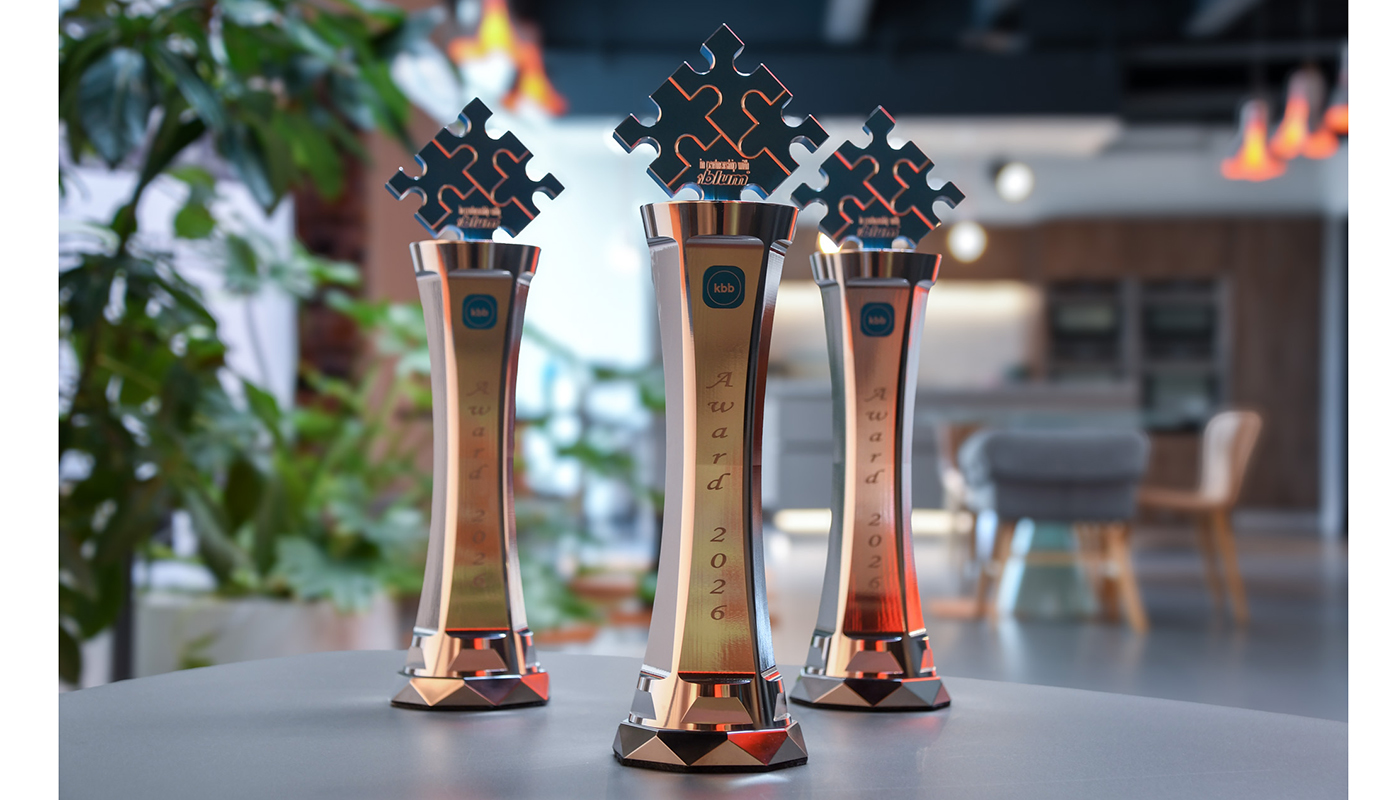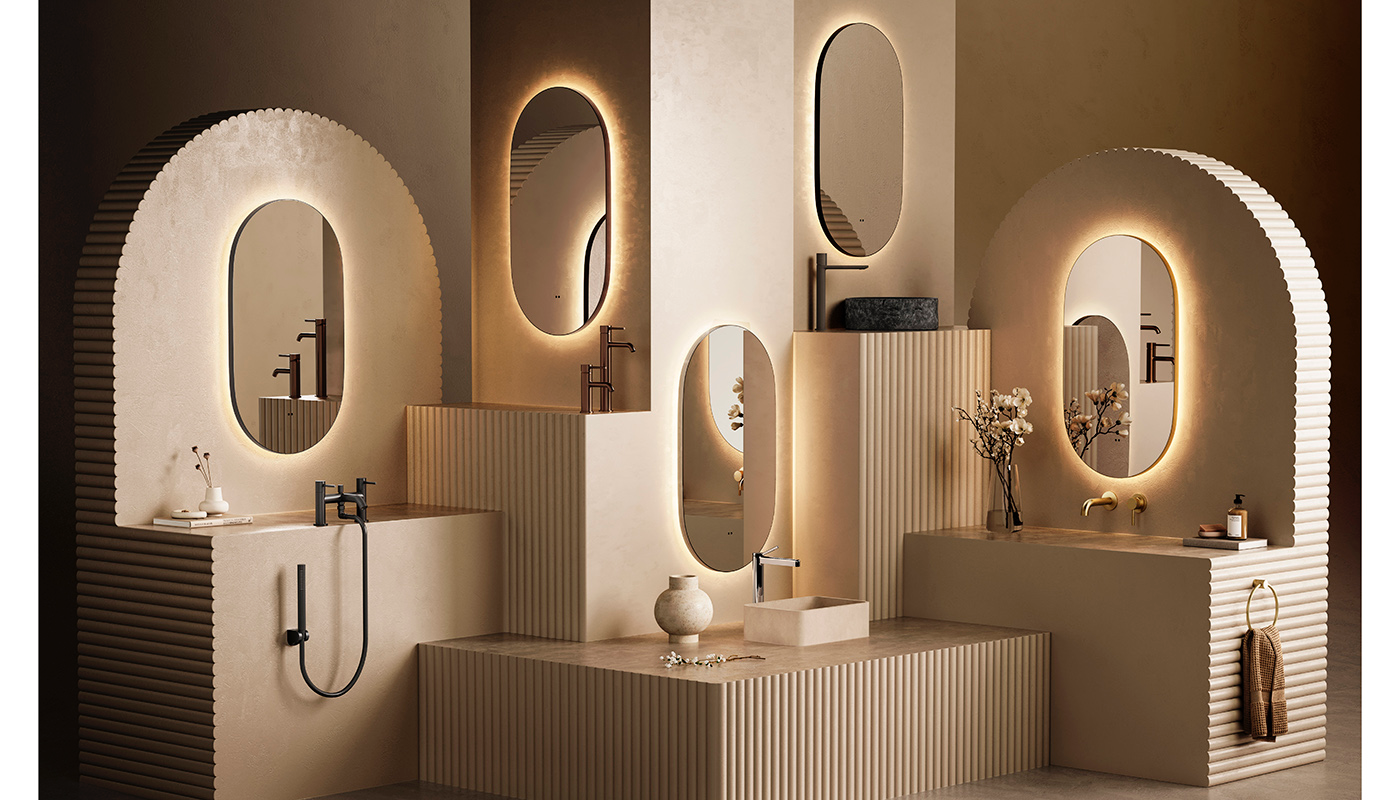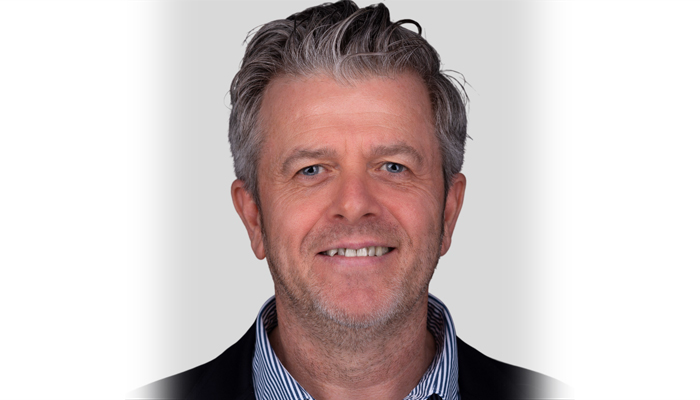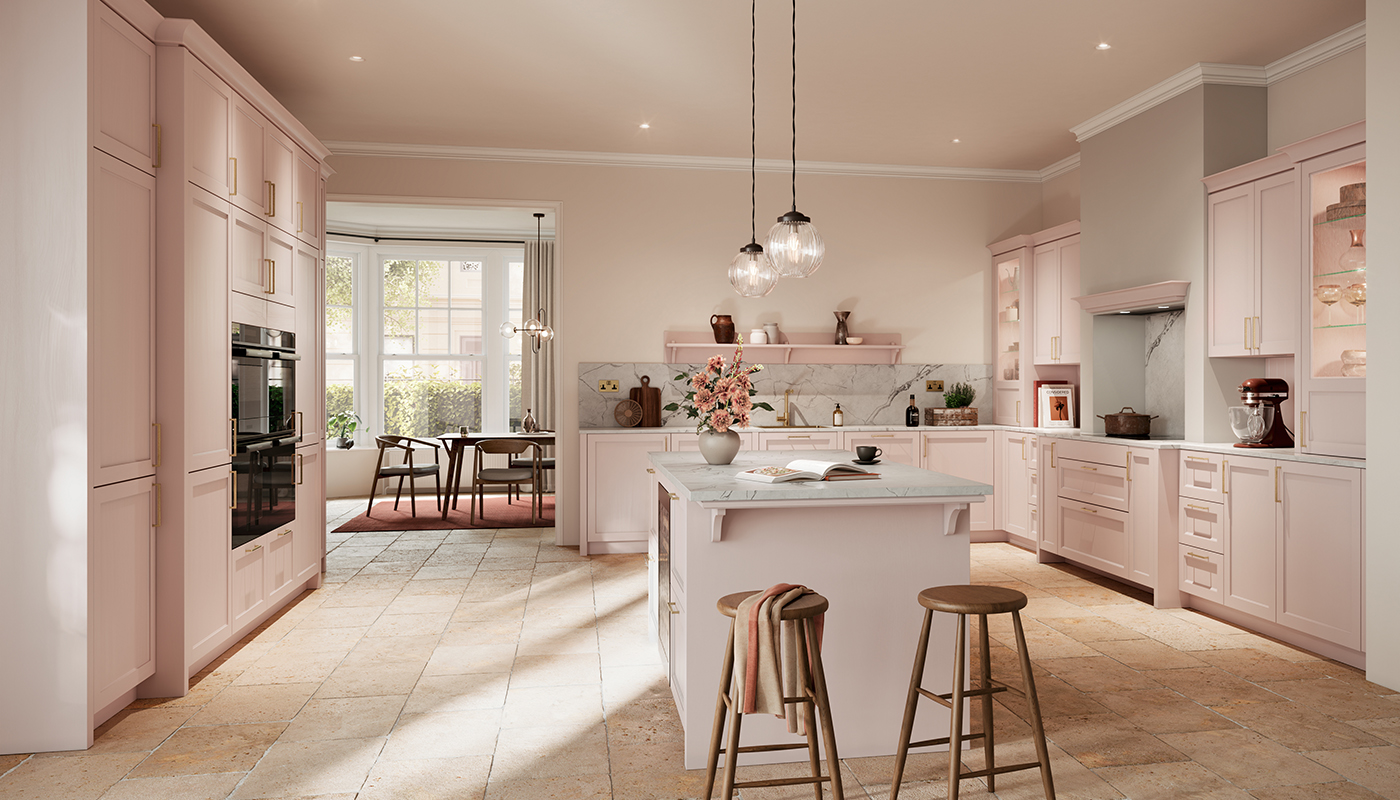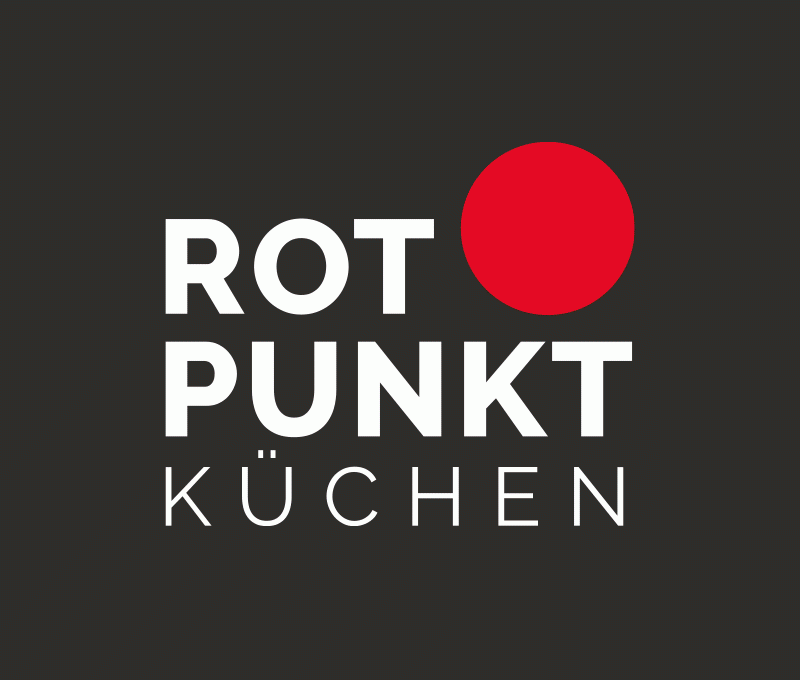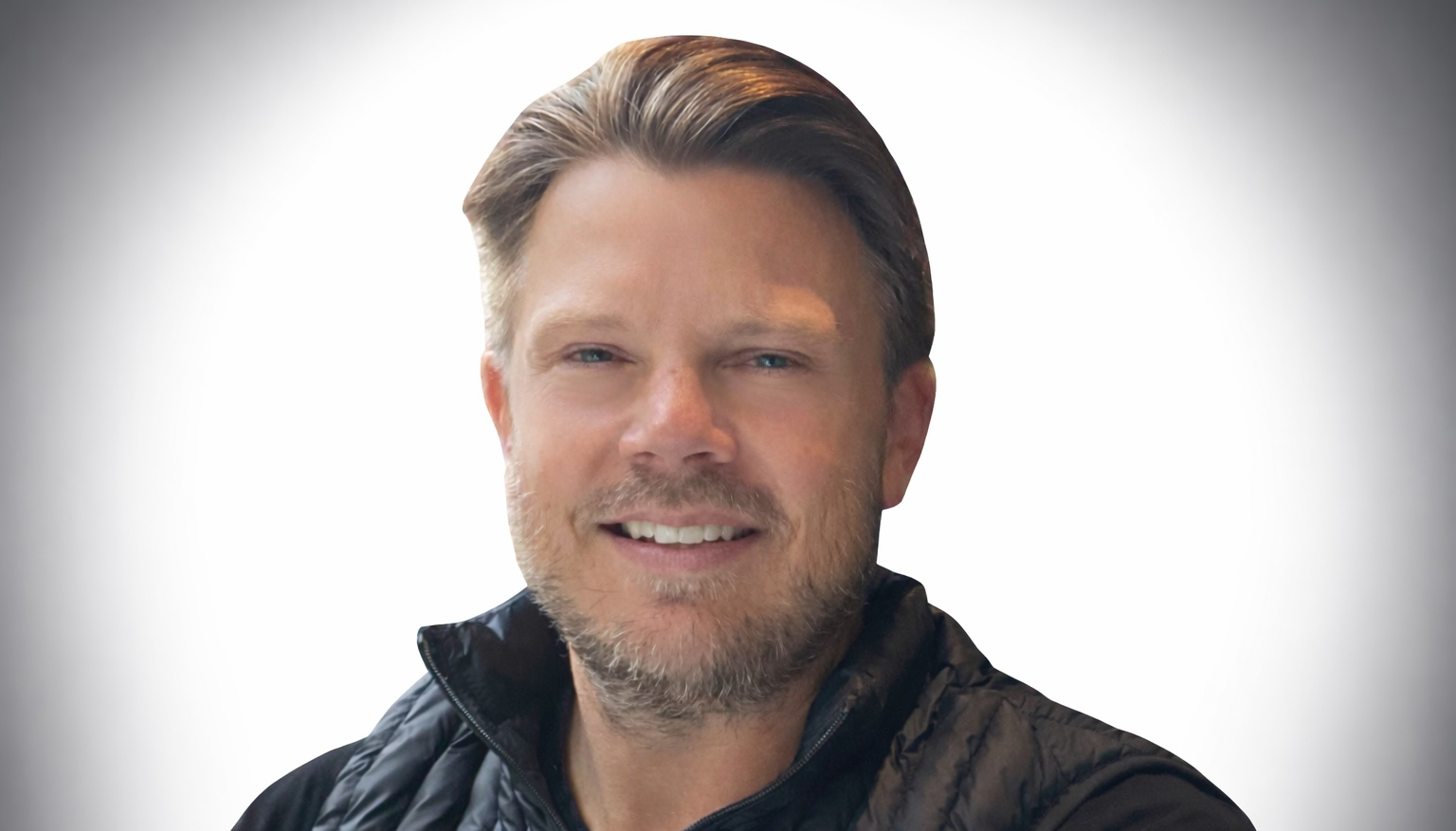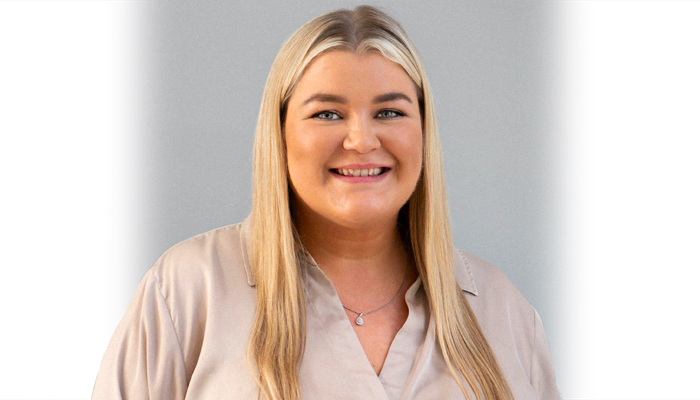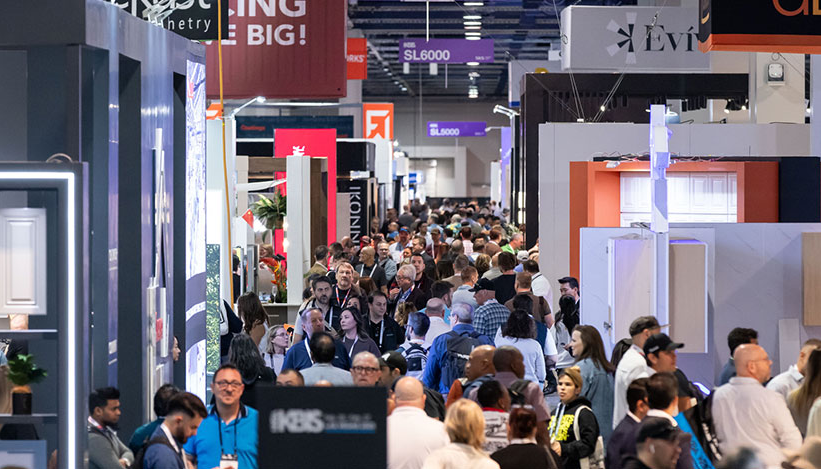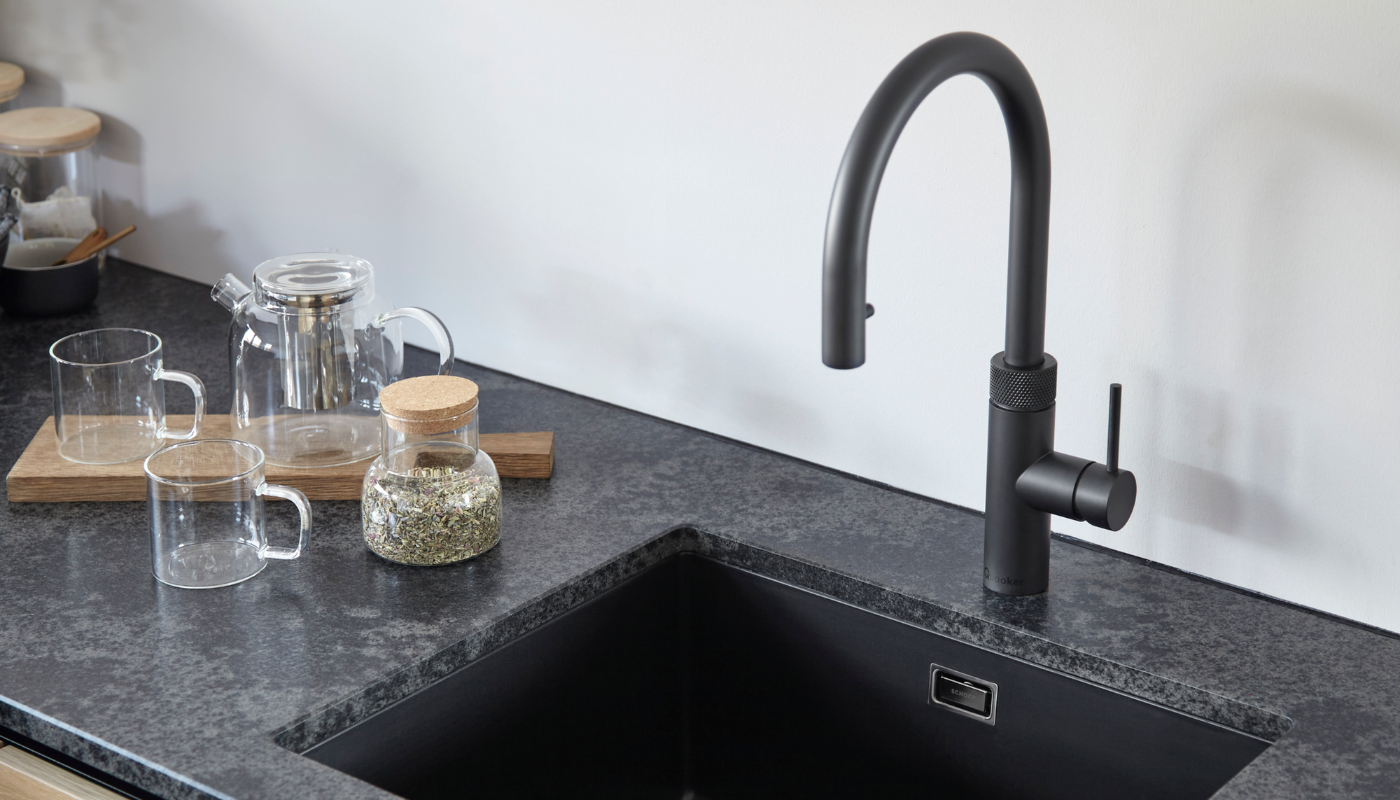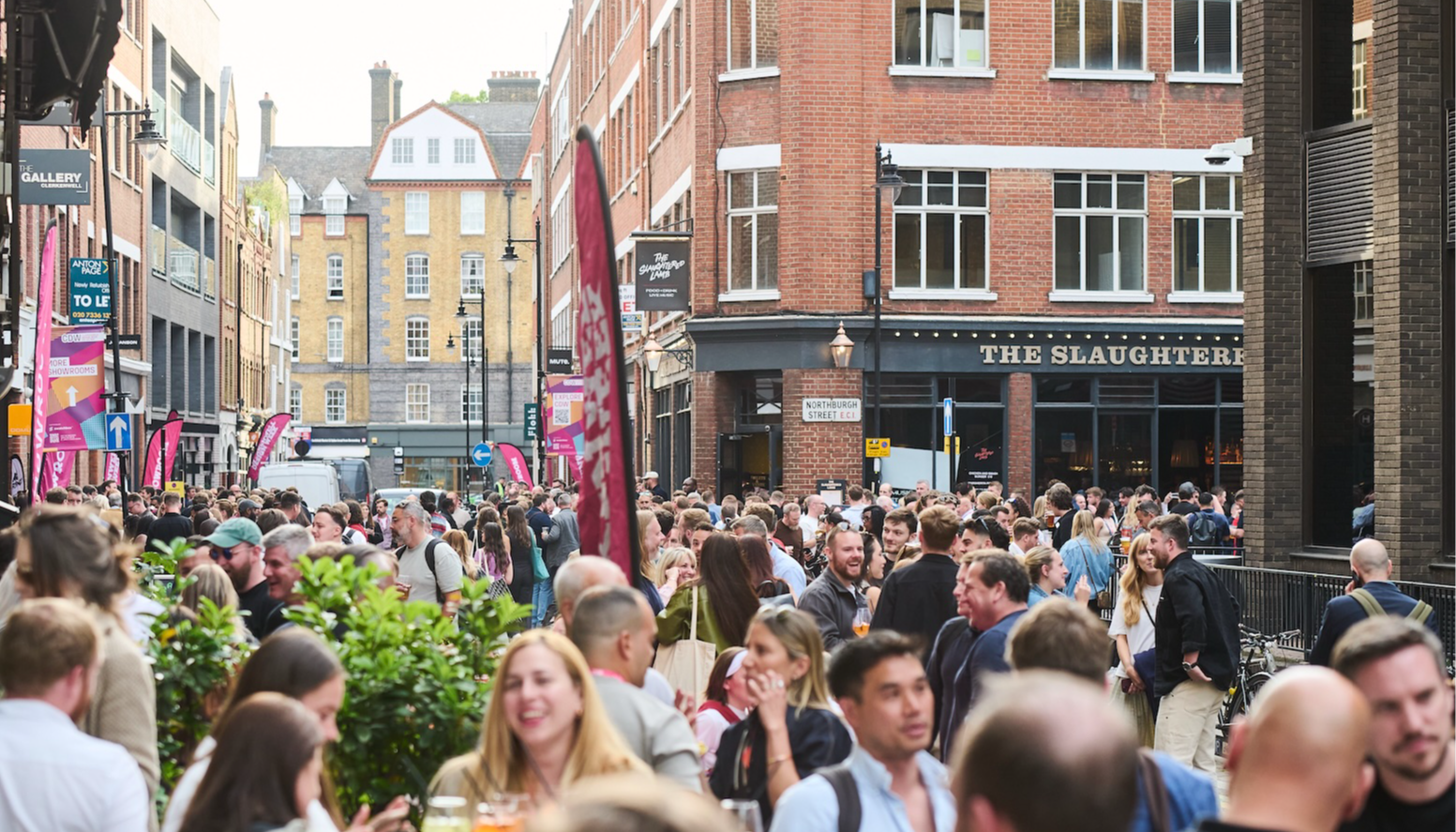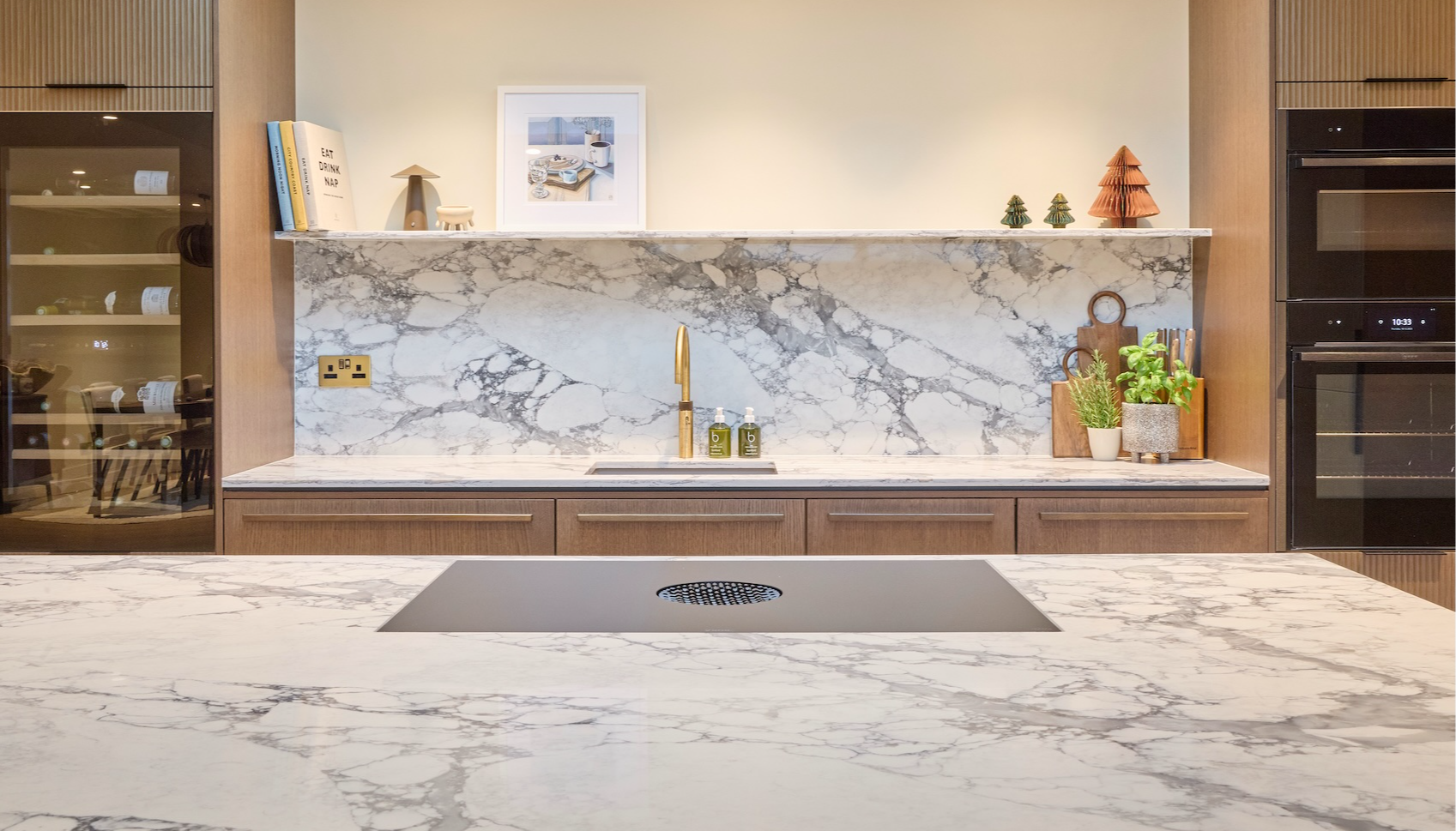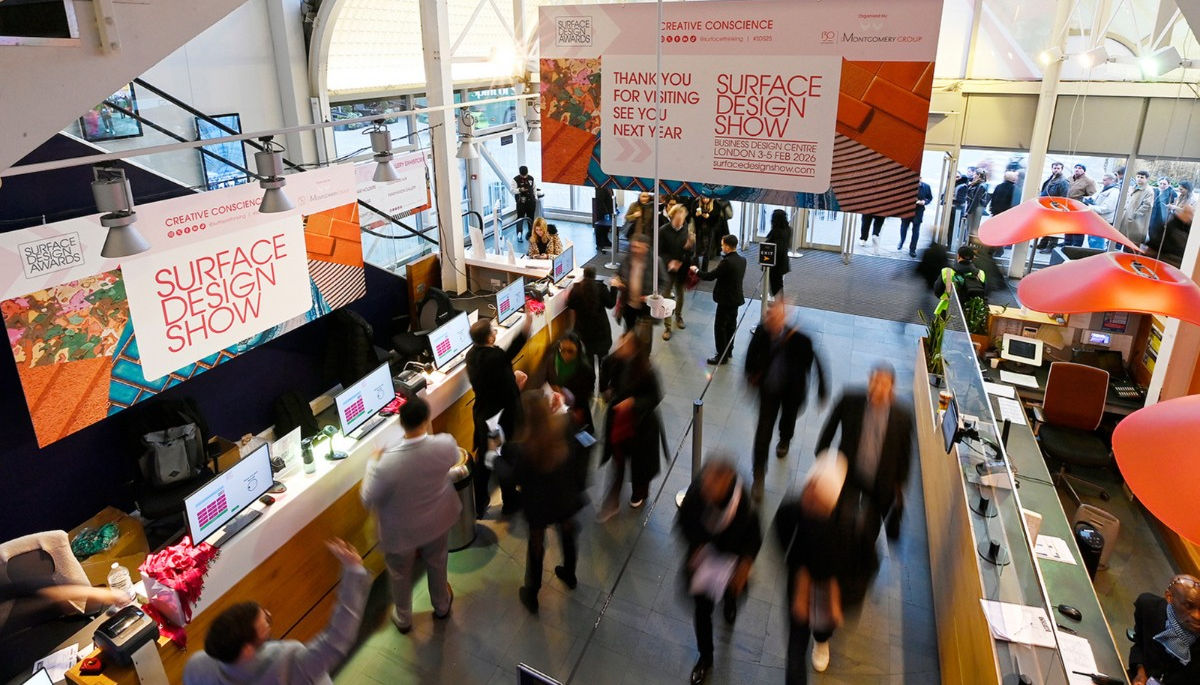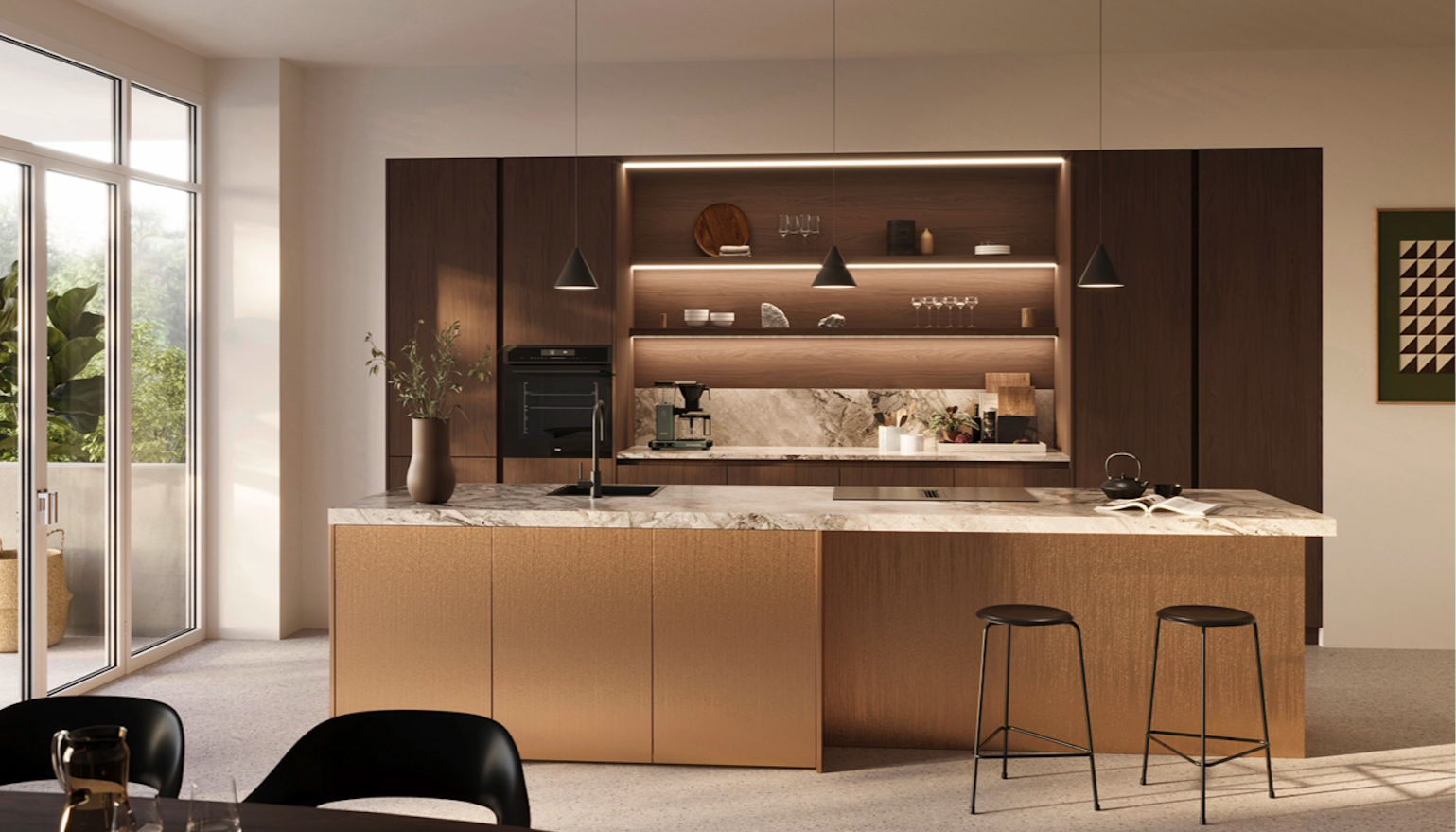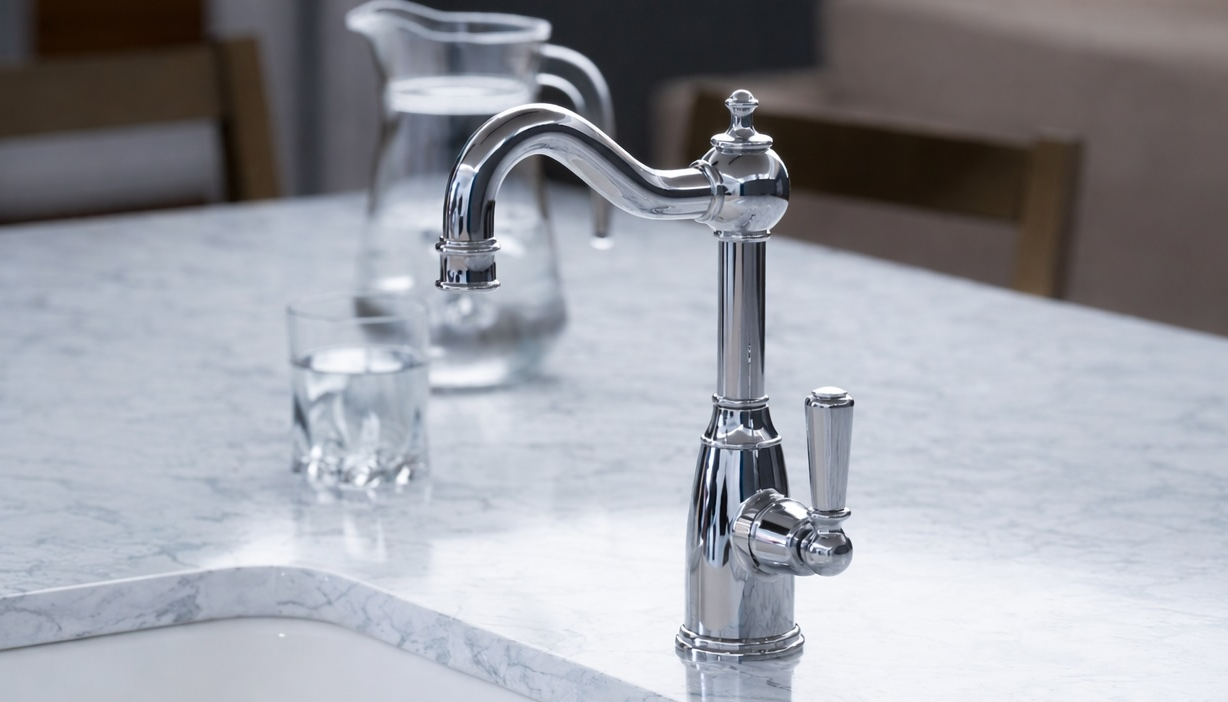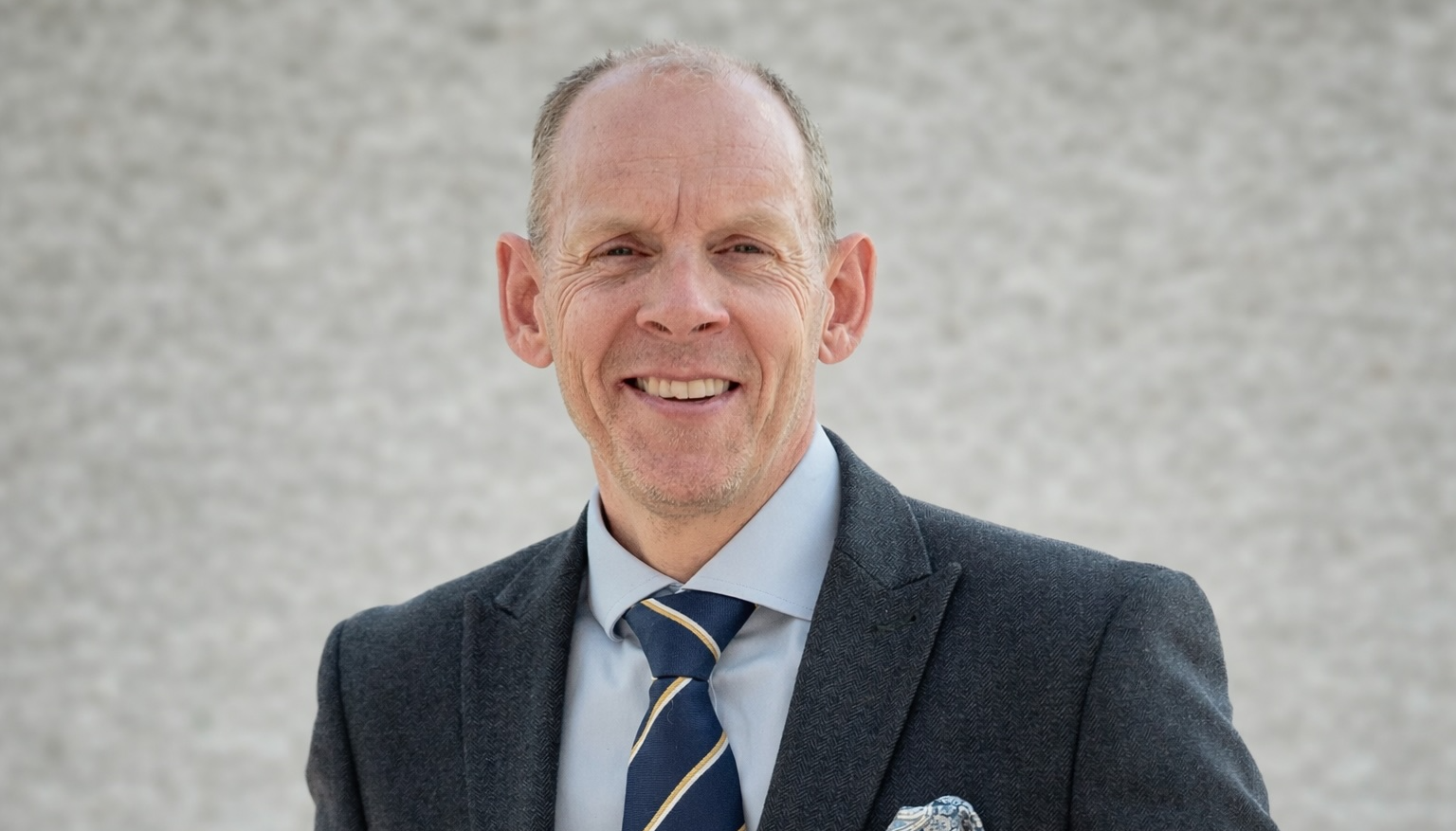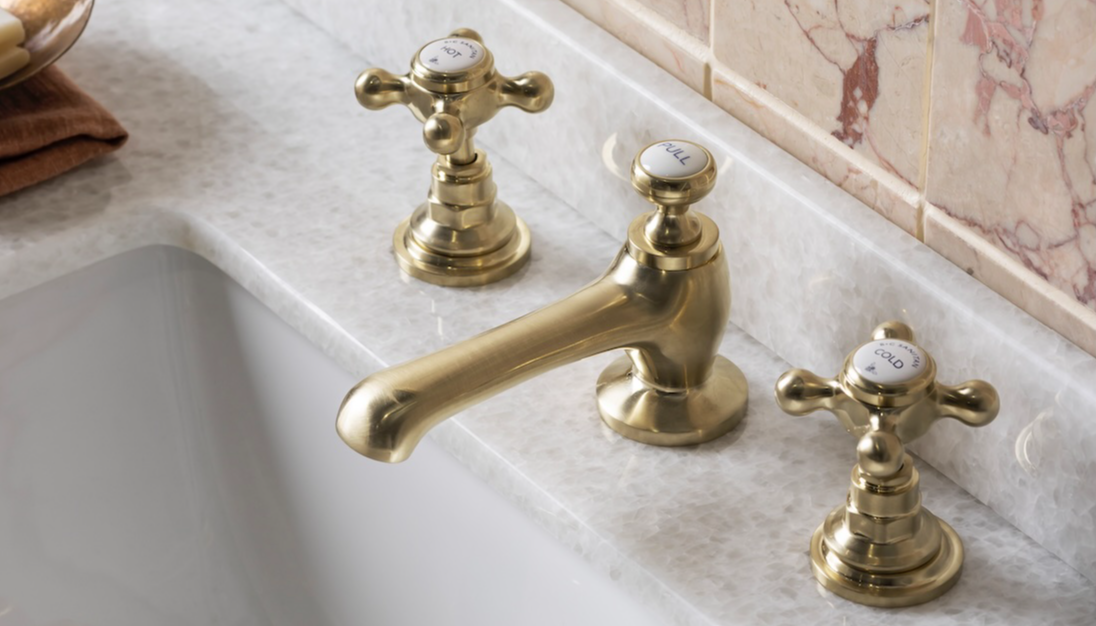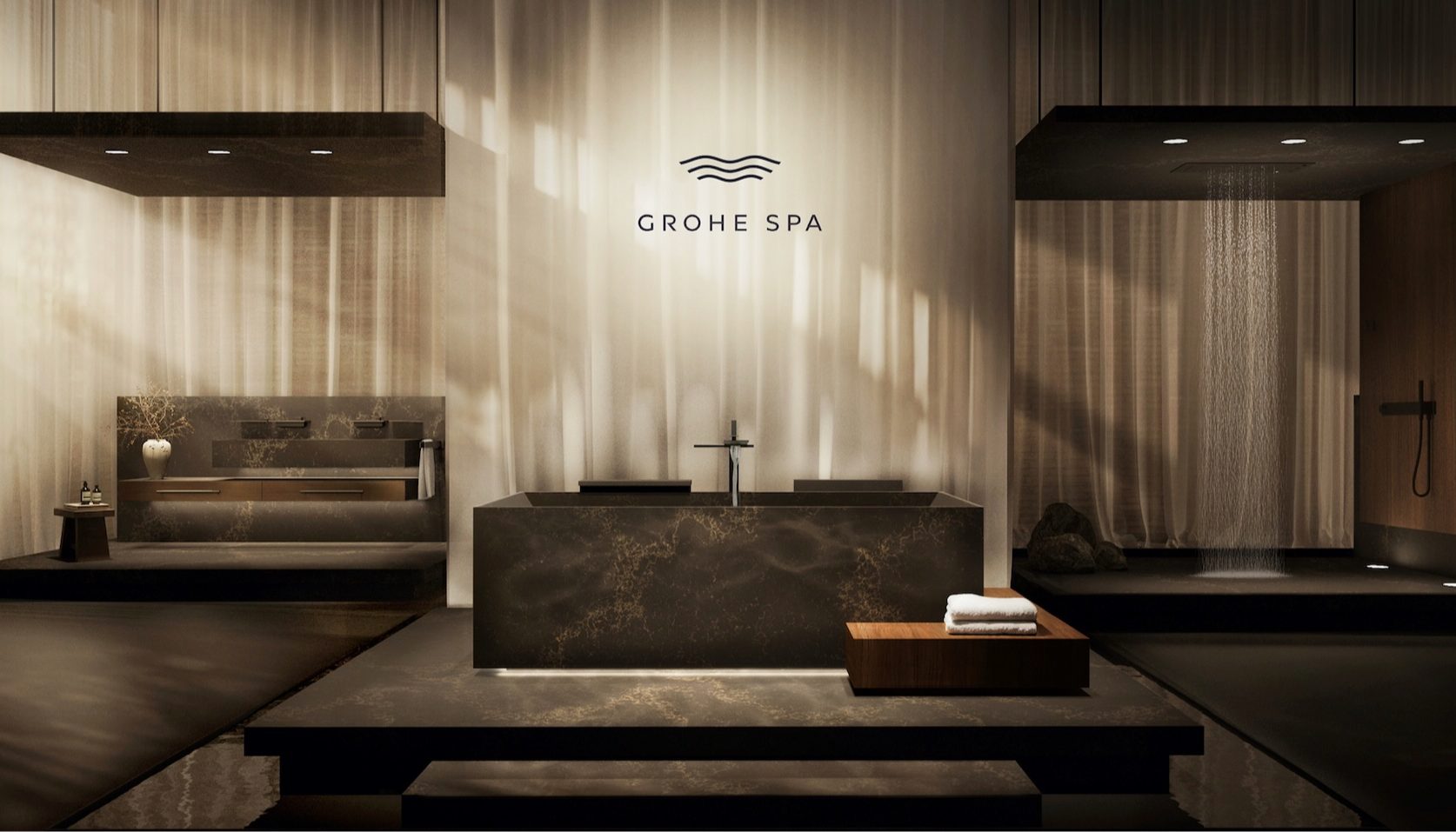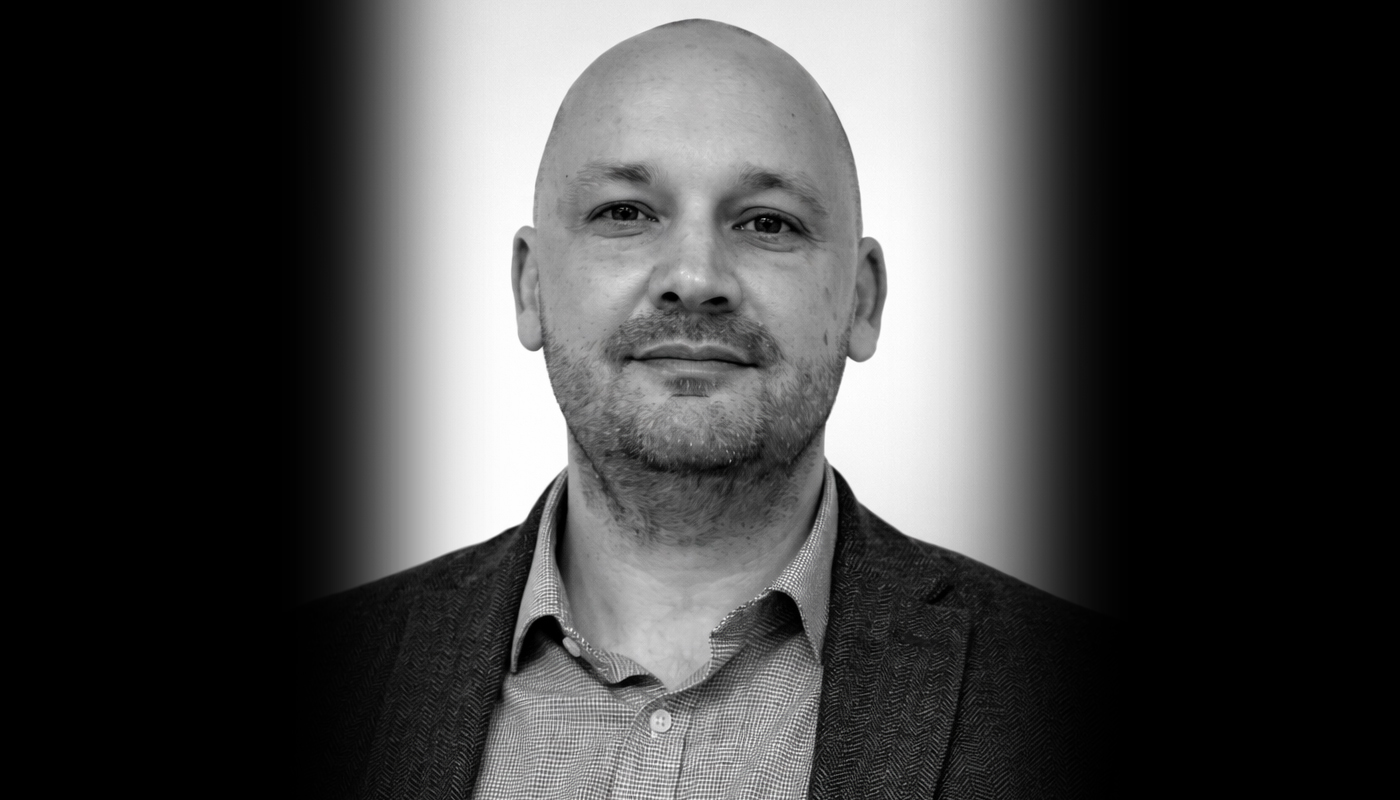Interview: Retailer Mark Newbery on staying resilient in the pandemic
Mon 17th May 2021 by Tim Wallace

Interview: Retailer Mark Newbery on staying resilient in the pandemic
As local rivals folded during the pandemic, Exeter-based KBB retail business Sapphire Spaces not only updated its showroom and website but began a recruitment drive. Mark Newbery tells Tim Wallace how he steered his business through a time of change he never expected to see.
Q: How much impact has the pandemic had on business?
A: The first lockdown caused many people to re-evaluate their lives and we lost two respected members of our team – one took early retirement and another felt a large manufacturer could provide more job security. The flip side is that two of our well-established competitors sadly weren’t able to survive the pandemic. This opened up some unforeseen recruitment opportunities. We’ve seen changes that we would never have imagined at the end of 2019. Looking at the positives, a closed showroom means we have only been contacted by people who are about to start a project. This has freed up some time for us to start work on a new website, update our showroom and expand our offering.
Q: Did the retailers that went under have the wrong strategy?
A: Accessing lockdown support has been a simple process but I understand that, for some, the amounts given have not been enough. That said, resilience is largely, but not completely, down to each individual business. In the past we’ve wondered how competitors could finance yet another complete showroom refit or quote such a low price for product, but those businesses were the first to go in lockdown. Maintaining a steady cashflow and getting the right balance between competitive pricing and sensible profit margins is an ongoing battle.
Q: How did you change day-to-day operations during lockdown?
A: We already had systems in place to work remotely but many of our clients are builders so we’ve needed to man the warehouse and make items available for collection. We split ourselves into two teams, or bubbles, and came into work on alternate days. Our business is spread over two buildings, both with a ground floor and first floor, so if one team needed to self-isolate, the other could continue working. Procedures have been finetuned so everybody has clear access to up-to-date project information. I’m really proud of how our team have dealt with the challenges and they have been pivotal to our success. All areas of the business have been equally resilient. But one headache is the major appliance shortage that came about because component-making factories also had to shut or operate with reduced numbers. Getting interim items hasn’t always been possible either.
Q: How’s business now?
A: More people want to invest in their homes but lockdowns disrupt timings and how a project flows. We send samples direct to clients’ homes but understandably they want to come in and finalise everything face to face. That means new business tends to bottleneck at times. Being open by ‘appointment only’ certainly has its benefits and now people are in that mindset we’ll definitely consider continuing that.
Q: How do you think interior design might be influenced by the pandemic?
A: More people are looking to improve their holiday home so it becomes more of a main home. The pandemic has changed the desire to live in large cities. Outdoor living was already on the up but gardens are becoming another living space. It’s not just about pretty landscaping and an outdoor dining table anymore – outdoor kitchens, lounge areas, sound systems, lighting and heating are all major considerations.
Q: How much of an upturn are you planning for?
A: The current upturn will gently continue but perhaps not quite at the pace it has been, especially when travel opens up again. The changes we have made mean we need to expand our team so if you know of any skilled designers, experienced in dealing with high-end brands and luxury projects, we’d love to meet them! But our economy has taken a hit and all that borrowing has to be paid back so there will be bumpy times ahead.

Tags: interview, features, mark newbery, sapphire spaces, kitchens, bathrooms





